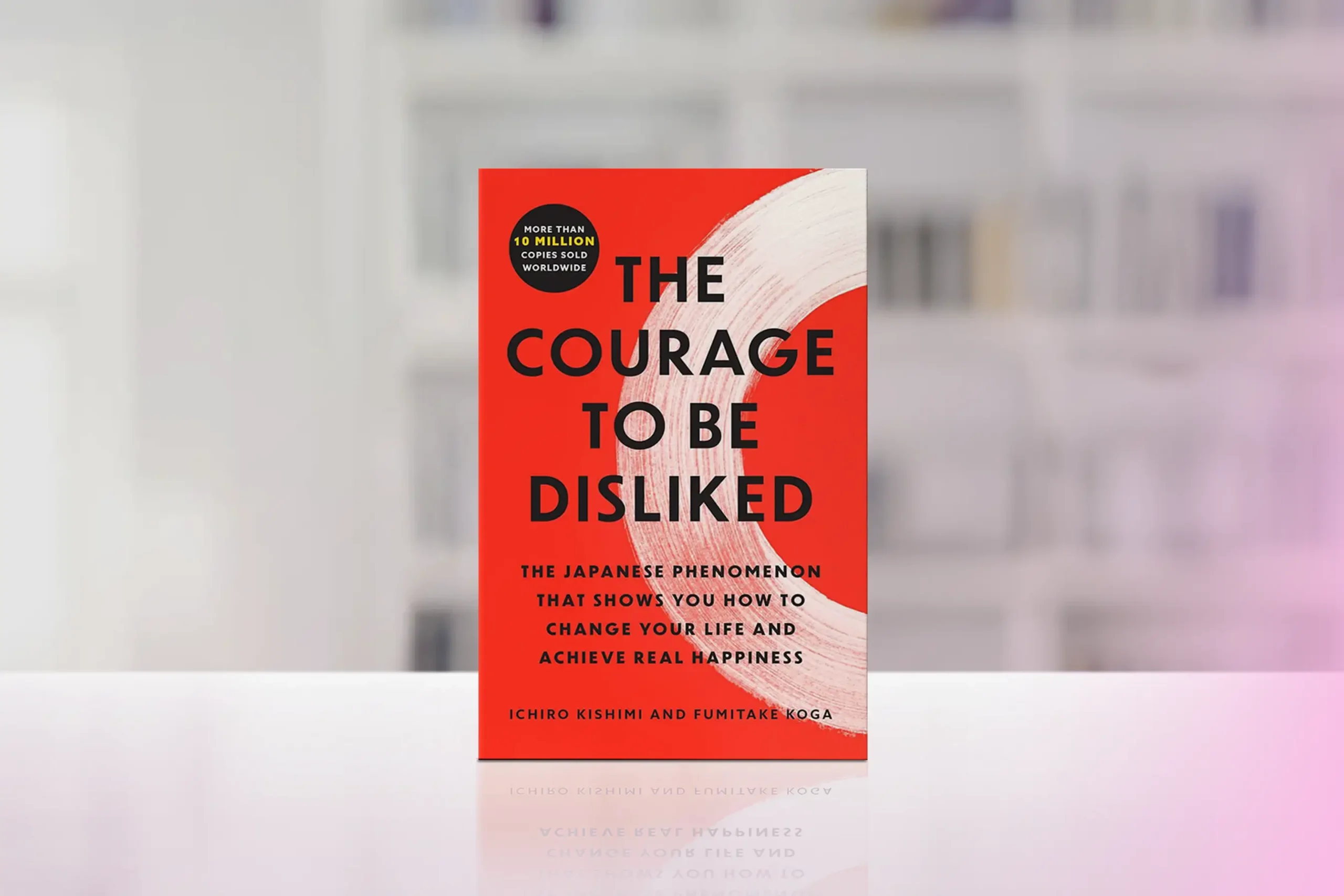In a world often dominated by the pursuit of approval, “The Courage to Be Disliked” offers a refreshing and potentially life-changing perspective.
Published in 2013 in Japanese and translated to English in 2018, this philosophical self-help book by Ichiro Kishimi and Fumitake Koga introduces Western readers to the powerful ideas of Adlerian psychology.
Through an engaging Socratic dialogue between a youth and a philosopher, the authors challenge conventional wisdom about happiness, relationships, and personal freedom, inviting readers to radically rethink their approach to life.
Core Concepts
At the heart of “The Courage to Be Disliked” are several key principles drawn from the work of Alfred Adler, a contemporary of Freud and Jung:
- All problems are interpersonal relationship problems
- Past experiences do not determine your present or future
- Feelings of inferiority are subjective interpretations, not objective facts
- Happiness is a choice that can be made in the present moment
- The importance of contributing to others and the community
By internalizing these concepts, the authors argue, readers can free themselves from the burden of seeking others’ approval and live more authentic, purposeful lives.
Chapter-by-Chapter Review
The First Night: Deny Trauma
The book opens with a provocative discussion on the role of past experiences in shaping our present. The philosopher challenges the youth to consider that it’s not past trauma that determines our lives, but how we choose to interpret and use those experiences. This sets the stage for a radical reevaluation of personal responsibility and agency.
The Second Night: All Problems Are Interpersonal Relationship Problems
This section delves into Adler’s view that human struggles fundamentally stem from our relationships with others. The authors explore how our desire for recognition and our fear of rejection shape our behaviors, often to our detriment.
The Third Night: Discard Other People’s Tasks
Here, the concept of task separation is introduced. The philosopher argues that many of our troubles come from taking on tasks that rightfully belong to others, or expecting others to handle our own tasks. This chapter empowers readers to set healthy boundaries and take responsibility for their own lives.
The Fourth Night: Where the Center of the World Is
This part challenges readers to shift their perspective from a self-centered view of the world to one focused on contribution to others. The authors posit that true happiness comes not from being recognized, but from feeling useful to the community.
The Fifth Night: To Live in Earnest in the Here and Now
The book concludes by tying together the previous concepts and emphasizing the importance of living fully in the present moment. It encourages readers to have the courage to be happy now, rather than postponing happiness to some future condition.
Key Strengths
- Presents complex psychological concepts in an accessible, engaging format
- Challenges conventional wisdom about happiness and success
- Empowers readers to take control of their lives and happiness
- Offers a fresh perspective on personal relationships and community
- Encourages self-reflection and practical application of ideas
Potential Drawbacks
- Some readers may find the ideas overly simplistic or idealistic
- The dialogue format, while engaging, can sometimes feel repetitive
- Certain concepts, like “denying trauma,” may be misinterpreted without careful consideration
Who This Book Is For
“The Courage to Be Disliked” is particularly valuable for:
- Individuals struggling with self-esteem or seeking approval from others
- Those interested in alternative approaches to psychology and personal growth
- Readers looking to improve their interpersonal relationships
- Anyone feeling stuck or unfulfilled in their current life situation
Final Review
“The Courage to Be Disliked” offers a thought-provoking and potentially transformative approach to personal growth. Its central message – that we have the power to choose happiness and live authentically, regardless of others’ opinions – is both liberating and challenging.
The book’s strength lies in its ability to present complex psychological ideas in an accessible, engaging format. The Socratic dialogue allows readers to wrestle with concepts alongside the youth, making the learning process more interactive and relatable.
While some may find the ideas overly simplistic or idealistic, the book provides a valuable framework for self-reflection and personal change. It challenges readers to question deeply held beliefs about themselves and their relationships, offering a path to greater freedom and fulfillment.
Rating: 4.5/5
A provocative and empowering guide to living authentically and finding happiness through personal responsibility and contribution to others.
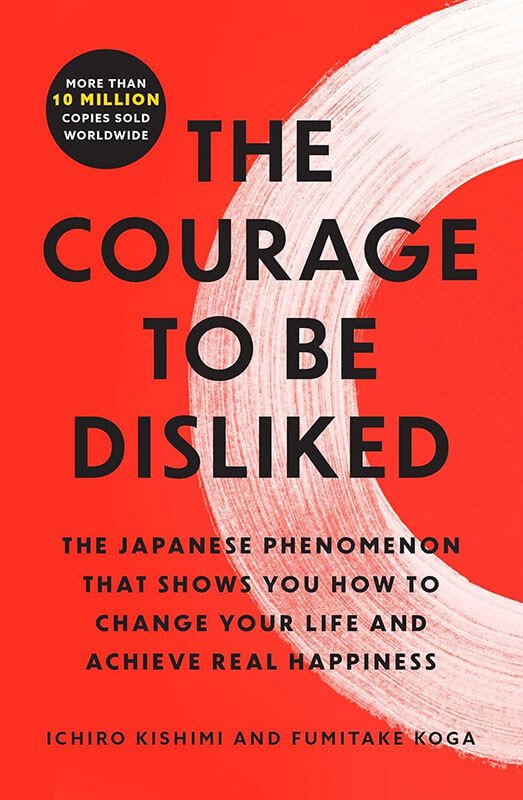
Alternative Books
If you found “The Courage to Be Disliked” insightful, consider these related titles for further exploration of personal development and psychology:
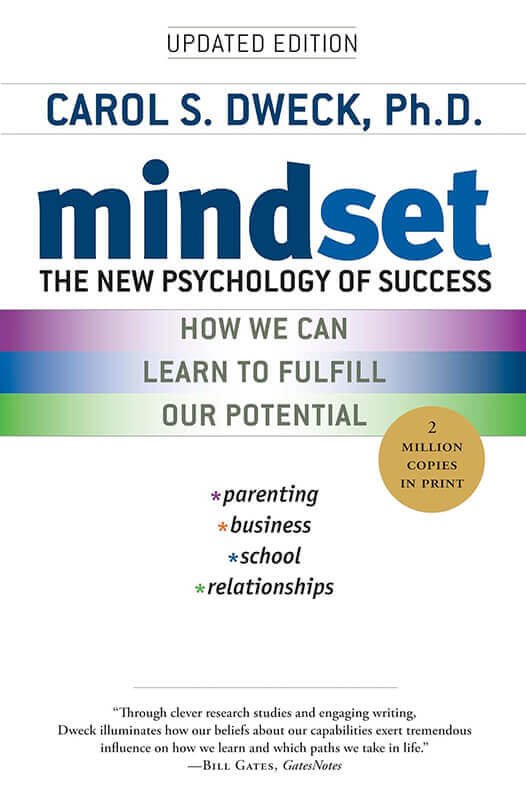
“Mindset: The New Psychology of Success” by Carol S. Dweck
Explores how our beliefs about our abilities impact our success, complementing the Adlerian focus on choice and interpretation.
Rating: 4.6/5
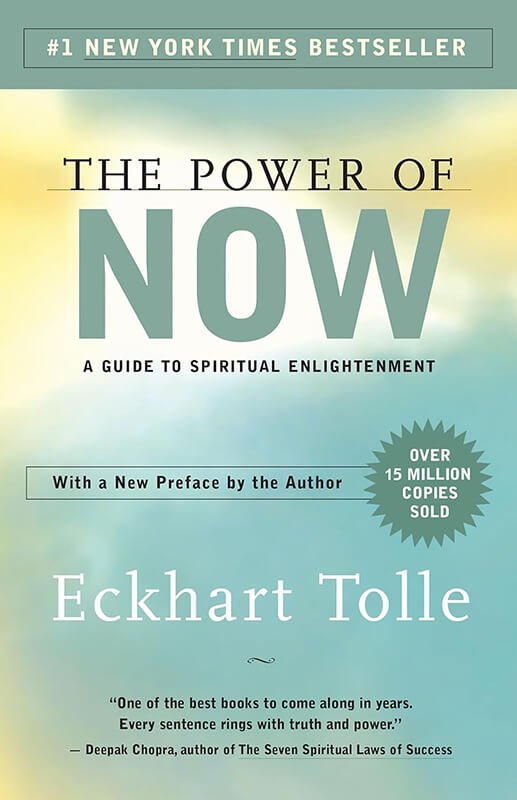
“The Power of Now” by Eckhart Tolle
Offers another perspective on living in the present moment and finding inner peace.
Rating: 4.6/5
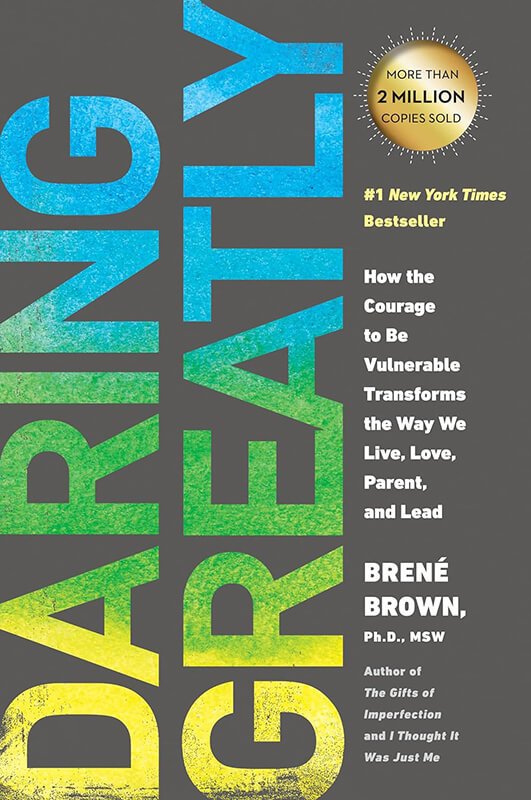
“Daring Greatly” by Brené Brown
Examines vulnerability and courage, themes that resonate with the idea of living authentically despite potential disapproval.
Rating: 4.7/5

